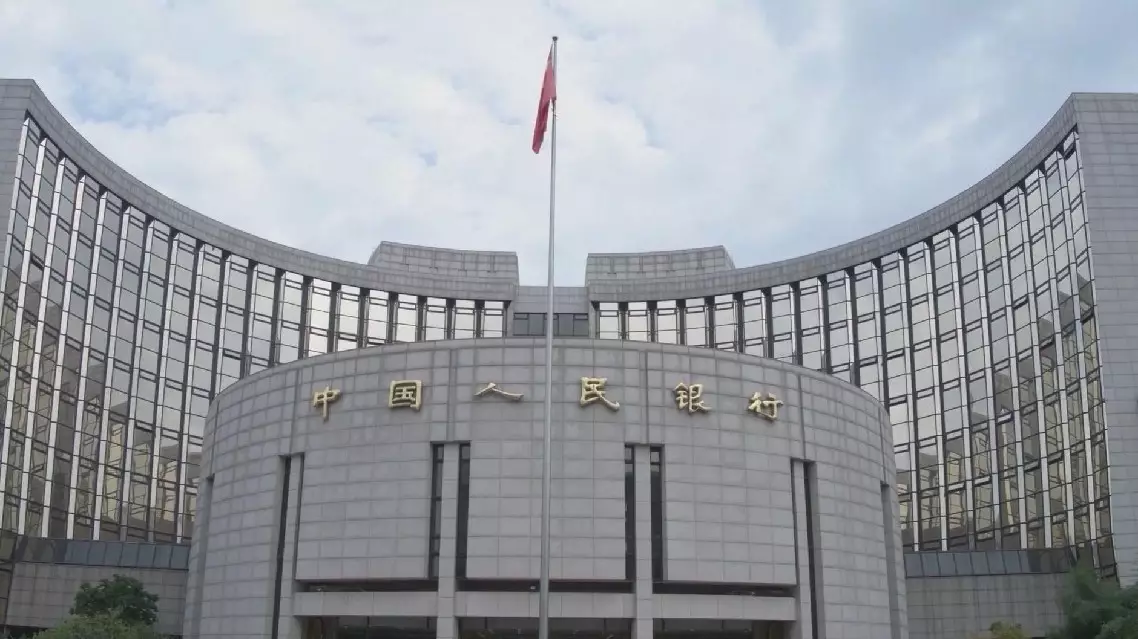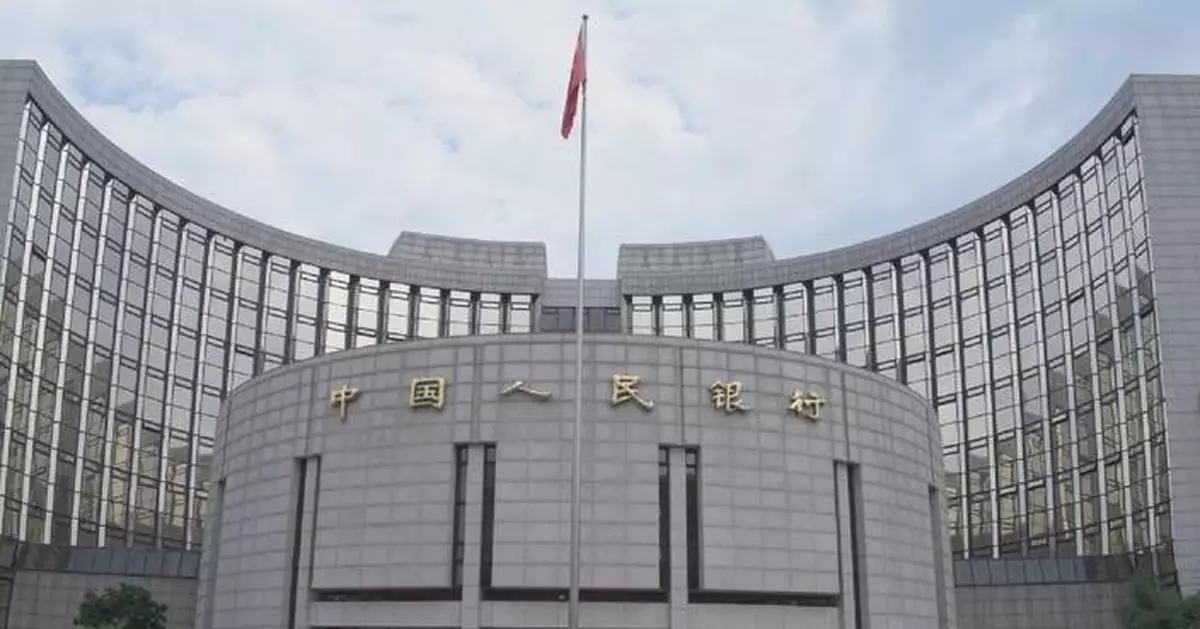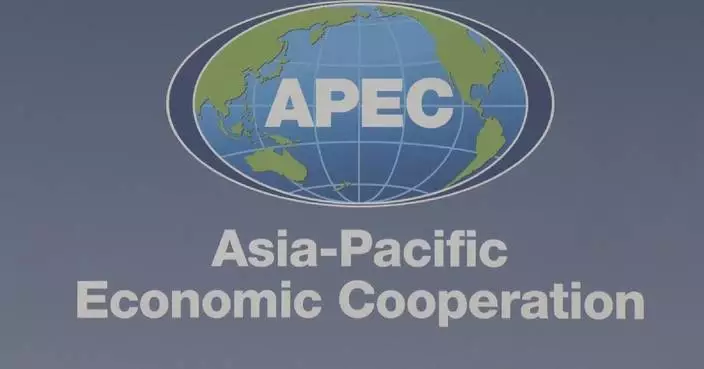The onshore Chinese currency renminbi, or the yuan, strengthened to below 7.10 against the U.S. dollar in August.
In August, the weighted average rate on new corporate loans registered around 3.6 percent, a decline of over 0.2 percentage points from an already relatively low benchmark in 2023.
This indicates that China has continued to lower the overall financing costs and is encouraging financial institutions to pass on profits to the real economy.
The RMB exchange rate has seen an appreciation. The U.S. dollar index, which measures the greenback against six major peers, has retreated from its peak since August, decreasing from above 104 to below 101, marking a new low in over a year with a decline of about 3 percent.
The onshore RMB exchange rate against the U.S. dollar has strengthened from a high point of 7.27 yuan in mid-July to below 7.10 yuan, a cumulative appreciation of 2 percent.
Cross-border funds continued to flow into the Chinese domestic market, maintaining a net increase trend. In August, overseas investors increased their net holdings of domestic bonds by approximately 17 billion U.S. dollars, marking the 12th consecutive month of net inflows.

Onshore Chinese yuan strengthens against USD in Aug




















































